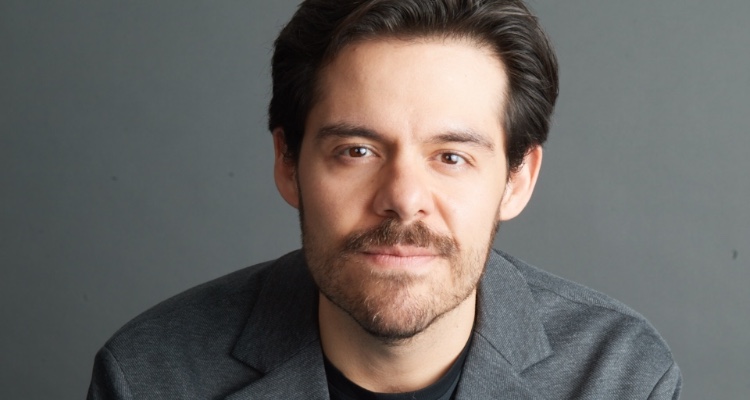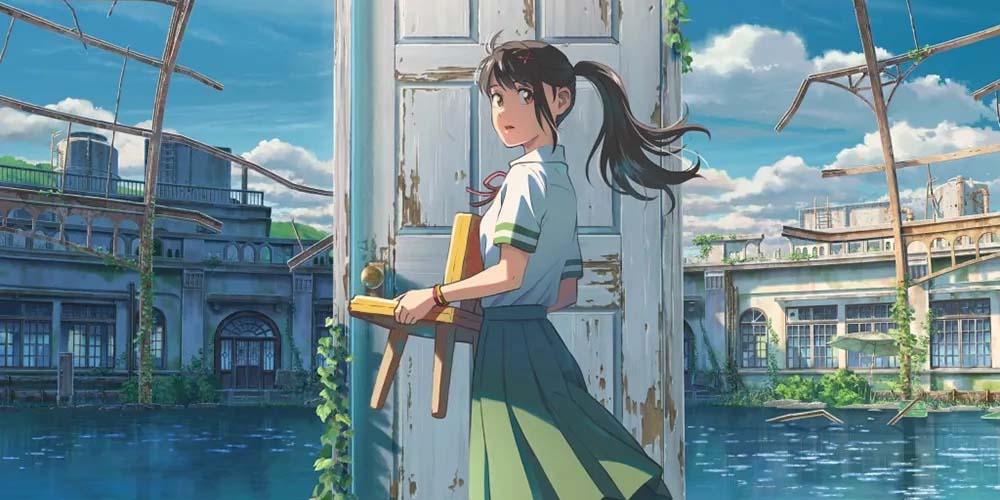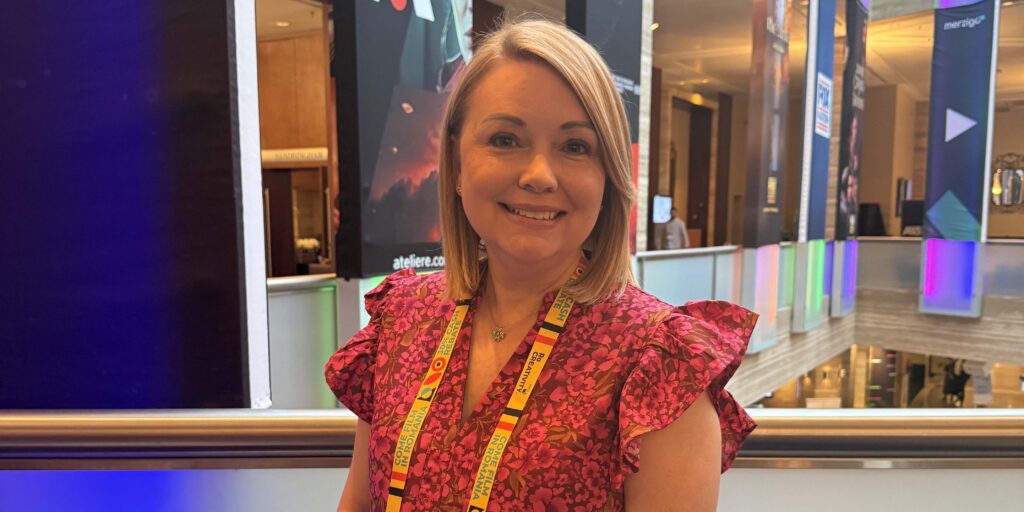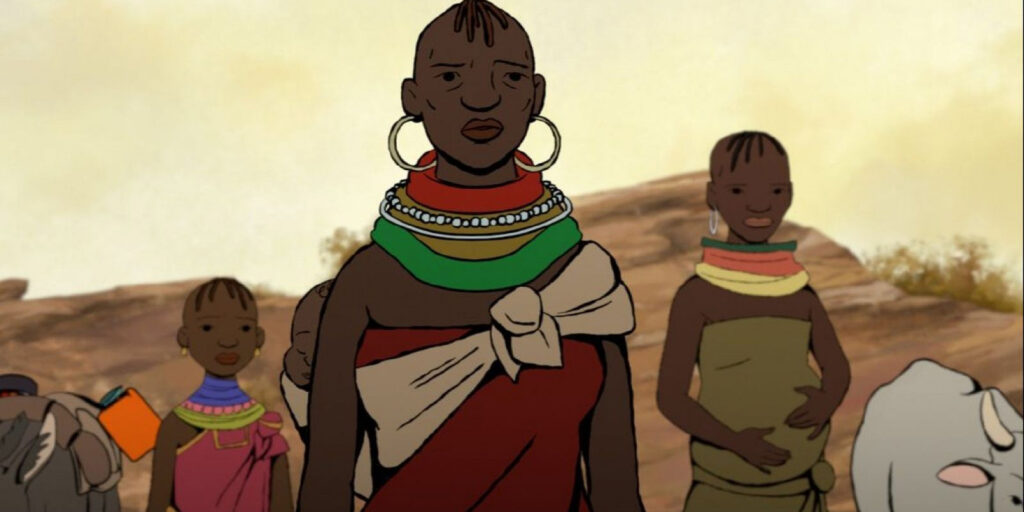Revolving around the financial strategies of broadcasters and platforms in supporting Spanish cinema, José Pastor, Director of Film and Fiction at RTVE, recently shed light on the public broadcaster’s approach to the market, while also speaking about the company’s strategy in the feature film segment.
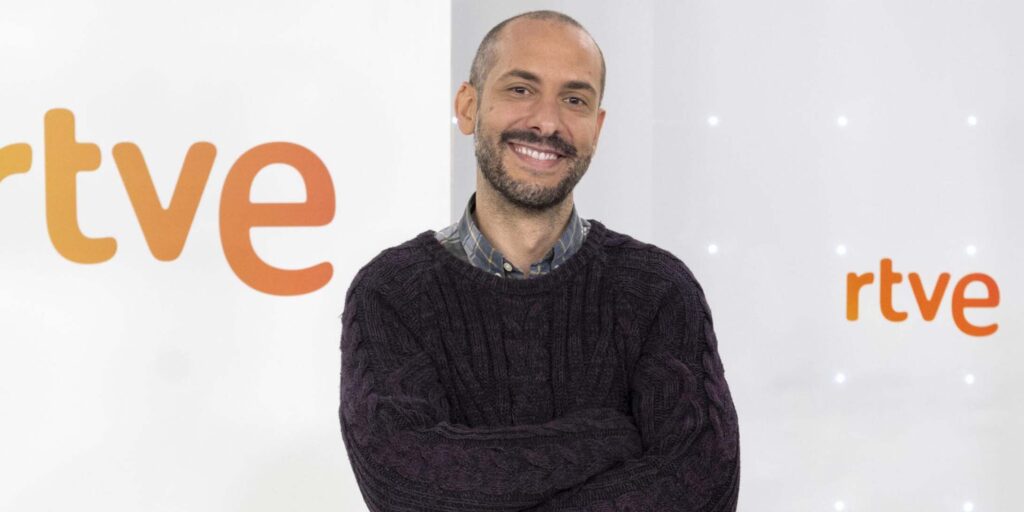
As a public broadcaster, RTVE is legally required to allocate 6% of its revenue to European productions, with 45% of that amount dedicated specifically to film. This includes acquiring broadcast rights for a minimum of 10 years. Within this framework, 15% must go to films produced in Spain’s co-official languages, while 12% is reserved for animation and documentaries, commented the executive during the past edition of Seville European Film Festival.
Pastor’s department manages an annual budget of €20-22 million, which has allowed RTVE to acquire around 60 films in the past year. This marks a decrease from previous years, such as 2022, when the broadcaster acquired 80 films, and 2023, when it secured 70 titles. Pastor acknowledges this downward trend but emphasizes that the ideal range lies between 40 and 80 films annually. He cautions against reducing acquisitions too drastically, as it could mean missing out on groundbreaking projects.
‘If we had only acquired 50 films in the year of O Corno, we might not have supported it, even though it went on to win the Golden Shell. The same happened with Tardes de Soledad, which also won the Golden Shell this year and is expected to have a strong commercial run’, Pastor noted.
Streamlining the selection process
Initially, Pastor advocated for three annual evaluation committees to select films for acquisition. However, he has since revised this approach, recognizing that two committees, aligned with the ICAA’s production aid calls, are more efficient. ‘Holding three committees with the same budget only led to an overwhelming number of submissions, making it harder to manage. Two committees allow for a more focused and fair selection process’, he explained.
RTVE currently receives around 300 film projects and 100 series proposals annually. The evaluation process involves external script analysts hired by the ICAA, who review anonymized scripts to ensure impartiality. Meanwhile, Pastor and his team focus on the accompanying dossiers, which must include a concise synopsis, a realistic financing plan, and a proposed cast, among other details.
‘A good short synopsis should consist of two powerful and clear sentences. It needs to define the film concisely and realistically’, Pastor emphasized. He also highlighted the importance of pitching, where filmmakers present their projects in brief, engaging presentations. ‘The goal is to spark key questions and provide clarity without revealing the entire story’, he added.
While family comedies have dominated the Spanish box office in recent years, Pastor observes a growing sense of fatigue among audiences, as some of these films have underperformed. He also revealed that broadcaster has stopped supporting horror films, citing their poor performance on television despite potential theatrical success.
‘Horror is an exclusive genre that doesn’t translate well to TV. Even successful horror films often achieve ridiculously low ratings when broadcast’, Pastor stated. As an alternative, he suggested producing low-budget horror films directly for RTVE Play, bypassing traditional TV channels.
On the other hand, Pastor sees potential in action thrillers, which have proven to perform well on television and attract repeat viewers. He expressed a desire to see more of these projects in RTVE’s pipeline, as they align with audience preferences and programming needs.

